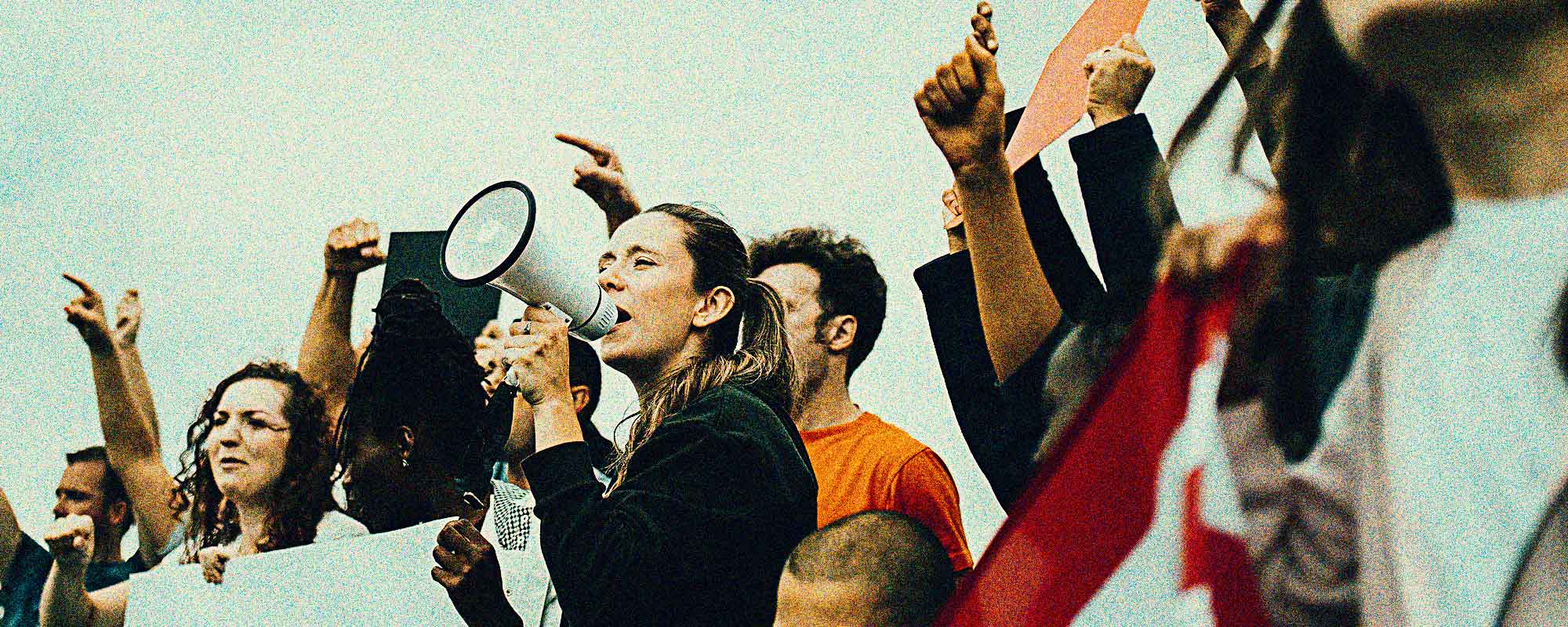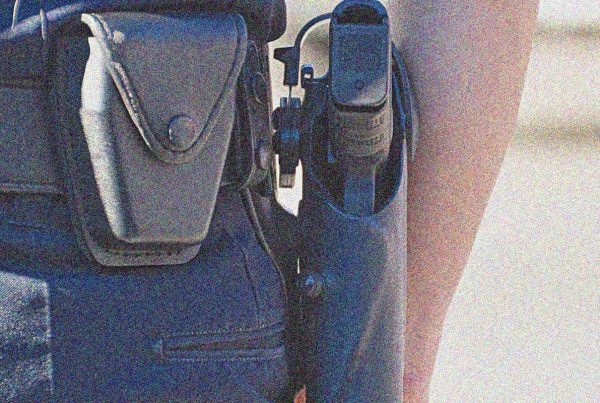The CCLA acted as an intervenor before the Supreme Court of Canada in R. v. Wilson, 2025 SCC 32. This case concerned the interpretation of s. 4.1(2) of the Controlled Drugs and Substances Act, which reads:
(2) No person who seeks emergency medical or law enforcement assistance because that person, or another person, is suffering from a medical emergency is to be charged or convicted of an offence under subsection 4(1) if the evidence in support of that offence was obtained or discovered as a result of that person having sought assistance or having remained at the scene.
This provision was intended to ensure that a person would not be deterred from seeking emergency medical care (for example, due to a drug overdose) because they could be criminally liable for the offence of simple possession of a controlled substance. The issue in this case was whether, correctly interpreted, the provision allows police to arrest a person for simple possession, despite the fact they cannot be charged or convicted.
In a 6-3 ruling, the Supreme Court held that the correct interpretation of s. 4.1(2) means that the police cannot arrest someone for an offence where they are immune from criminal prosecution. The majority held, “[t]he immunity from charge and conviction for simple possession explicitly mentioned in s. 4.1(2) of the CDSA includes, by necessary implication, immunity from arrest for that offence. This interpretation best serves the clear purpose of the provision: to save lives.”
At paragraph 40 of the judgment, the Court highlighted CCLA’s submission that, “the fear of potential arrests and searches may be acute for vulnerable and marginalized individuals, like those struggling with drug addiction, who often have a history of negative interactions with law enforcement and are disproportionately affected by police practices and criminalization.”
You can read the full judgment here and CCLA’s factum here.
The CCLA is grateful to Sarah Rankin and Heather Ferg of Rodin Law and McKay Ferg for their excellent pro bono representation in this case.
About the Canadian Civil Liberties Association
The CCLA is an independent, non-profit organization with supporters from across the country. Founded in 1964, the CCLA is a national human rights organization committed to defending the rights, dignity, safety, and freedoms of all people in Canada.
For the Media
For further comments, please contact us at media@ccla.org.





